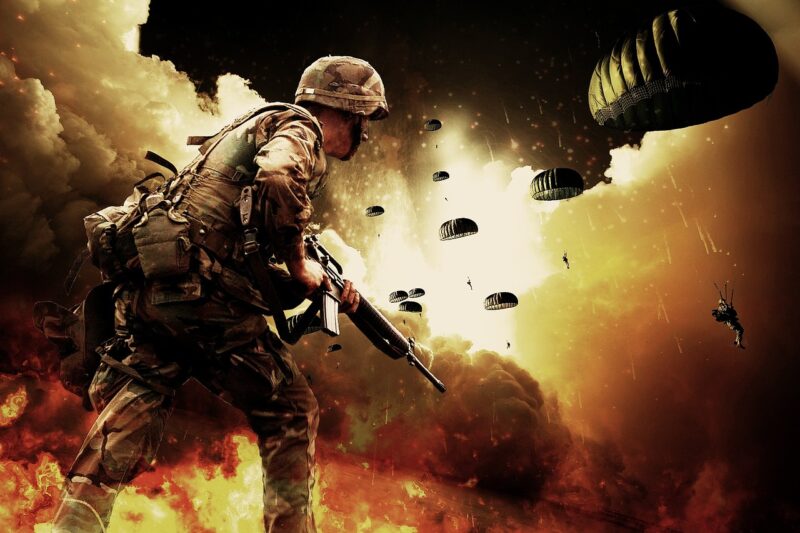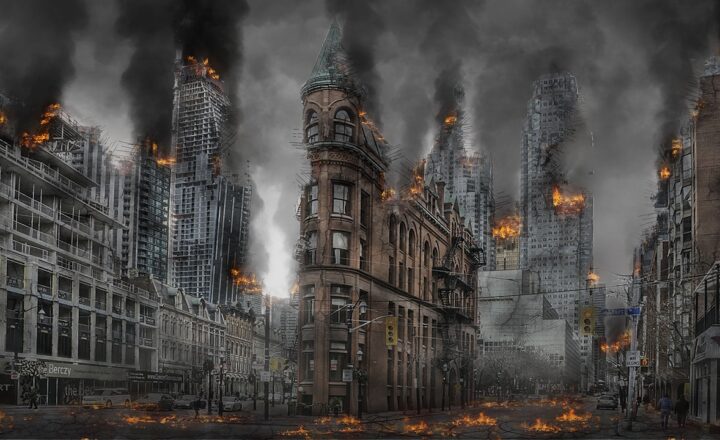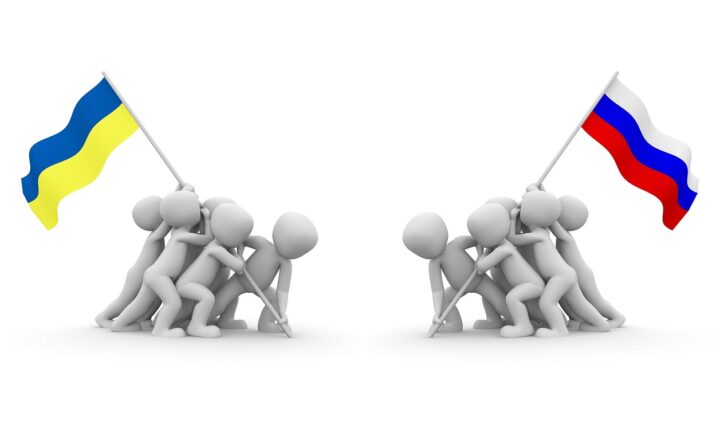The Horrors of War: Lessons Learned from the Greatest Military Campaigns
November 18, 2024

War has been an unfortunate but recurring aspect of human civilization, demonstrating both the ingenuity and brutality of humanity. Throughout history, numerous military campaigns have changed the course of nations, shaped cultures, and caused monumental loss and suffering.
In this article, we will explore some of the most significant military campaigns in history, analyzing the strategic decisions, motivations, and consequences, and drawing valuable lessons from each. These lessons remind us of the myriad complexities of warfare and the human condition.
1. The Peloponnesian War: The Struggle for Power in Ancient Greece
The Peloponnesian War (431–404 BC) was a protracted conflict between two powerful coalitions: the Delian League led by Athens and the Peloponnesian League led by Sparta. This war illustrates the dangers of unchecked ambition and the fragility of alliances.
**Key Lessons:**
- The Price of Hubris: Athens’ aggressive expansion ultimately led to its downfall. The Sicilian Expedition (415–413 BC) is a prime example of expansionist hubris, leading to a catastrophic defeat.
- Alliances Can Shift: The dynamic nature of alliances can alter the course of a conflict. Thessaloniki’s defection to Sparta showcased how quickly loyalties can change.
- The Human Cost of War: The war resulted in massive casualties and loss of life, serving as a reminder of the grave toll of conflict on societies and individuals alike.
2. World War I: The Legacy of Trench Warfare
World War I (1914-1918) introduced trench warfare, symbolizing the horror and stalemate characteristic of the conflict. The extensive use of entrenched positions across Europe resulted in unprecedented casualties, with millions of soldiers losing their lives in a senseless grind of attrition.
**Key Lessons:**
- The Futility of War: The stalemate demonstrated the futility of certain military strategies, resulting in countless deaths over minimal territorial gain.
- Technological Advancements: While technology introduced new weaponry, it also escalated the horrors of war. The introduction of tanks, poison gas, and machine guns exemplified the destructive potential of modern warfare.
- Mental Health of Soldiers: The psychological toll on soldiers, sparking debates about PTSD and the treatment of war veterans, highlighted the need for mental health awareness in military contexts.
3. World War II: The Global Conflict and Its Humanitarian Impact
World War II (1939-1945) reshaped global politics and societies and highlighted the dire consequences of totalitarianism and genocide. The significance of this war rests not only in its tactics and battles but also in the humanitarian crises it spawned.
**Key Lessons:**
- The Dangers of Totalitarianism: The rise of fascism and nationalism showcased how extreme political ideologies can lead to large-scale conflict and atrocities.
- Branding a New Era of Warfare: The emergence of total warfare blurred the lines between combatants and civilians, paving the way for the widespread bombing of cities and nuclear warfare in Hiroshima and Nagasaki.
- Human Rights Considerations: The war’s aftermath heightened awareness of human rights and led to the establishment of various international treaties and organizations aimed at preventing future atrocities, such as the United Nations and the Universal Declaration of Human Rights.
4. The Vietnam War: Lessons in Asymmetrical Warfare
The Vietnam War (1955-1975) represented a significant moment in military history, showcasing the challenges of asymmetrical warfare. The conflict featured traditional military forces battling guerrilla tactics, leading to a prolonged and contentious war marked by widespread anti-war sentiment.
**Key Lessons:**
- Public Opinion Matters: The power of media and public opinion can significantly influence military policy and operations, as seen in the anti-war protests that grew throughout the conflict.
- Understanding the Terrain: The North Vietnamese army used their knowledge of local geography to their advantage, highlighting the importance of understanding the operational environment.
- Effects of Guerrilla Warfare: The effectiveness of guerrilla tactics underscored the limitations of traditional military forces when engaged in asymmetrical warfare. Understanding the will and morale of local populations is crucial for success in such campaigns.
5. The Gulf War: Precision Bombing and Media Influence
The Gulf War (1990-1991) demonstrated how precision bombing, modern technology, and media manipulation could redefine warfare. The operation’s relatively quick victory showcased advanced military capabilities and strategies while exposing the impacts of media on warfare.
**Key Lessons:**
- Technology in Warfare: The successful execution of Operation Desert Storm illustrated the efficacy of advanced technology, including precision-guided munitions and real-time surveillance systems.
- Media as a Tool of War: The 24-hour news cycle transformed how wars are reported and perceived, raising ethical considerations regarding propaganda, sensationalism, and the portrayal of conflict.
- Diplomacy and International Relations: The coalition-building approach demonstrated the importance of forging diplomatic relationships, emphasizing that modern warfare often requires multilateral support for legitimacy and success.
Conclusion: The Continuing Lessons of History
The study of history, especially through the lens of military campaigns, teaches us critical lessons concerning human behavior, the nature of power, and the costs of warfare. The horrors of war remind us that every conflict carries with it not just the potential for victory but also profound suffering.
Only by learning from the past can we pave the way for a more peaceful world, making informed choices that prioritize diplomacy, understanding, and dialogue over conflict. Remembering the lessons of war serves as a guide to prevent history from repeating itself and achieving a future where humanity values life over conquest.







